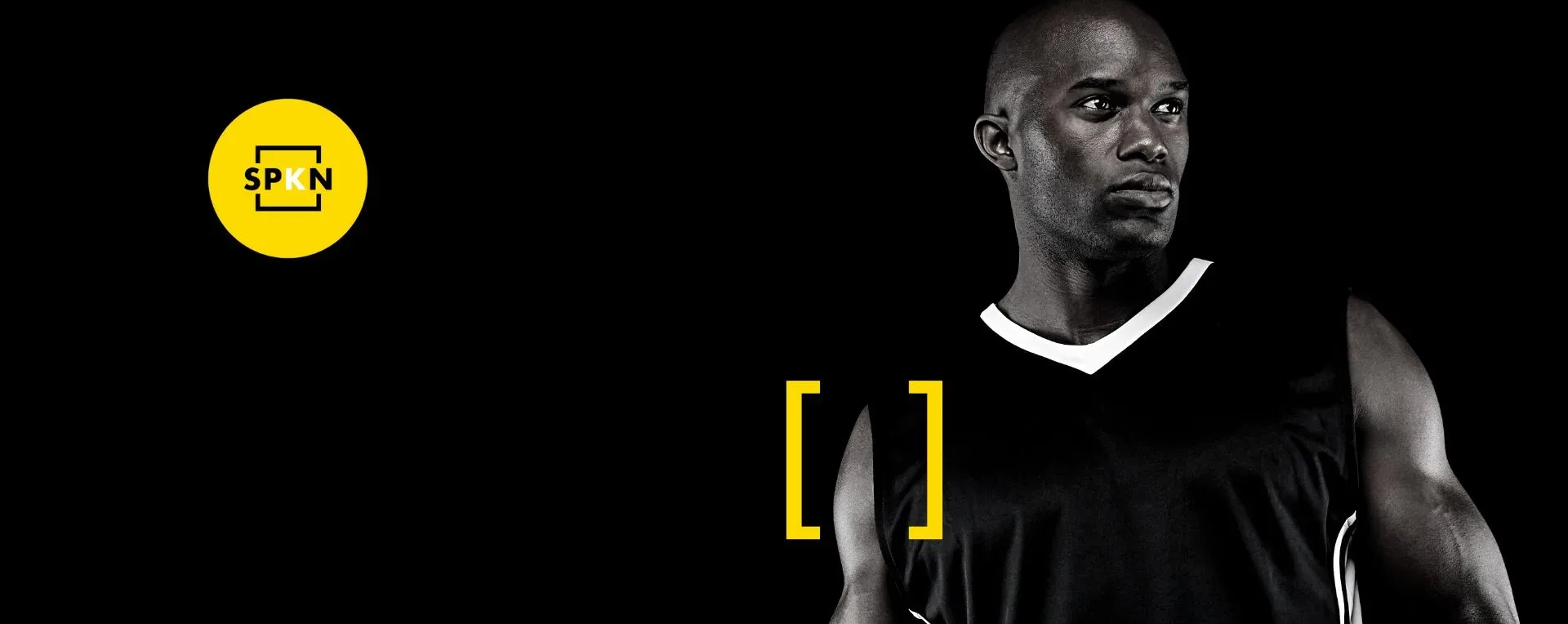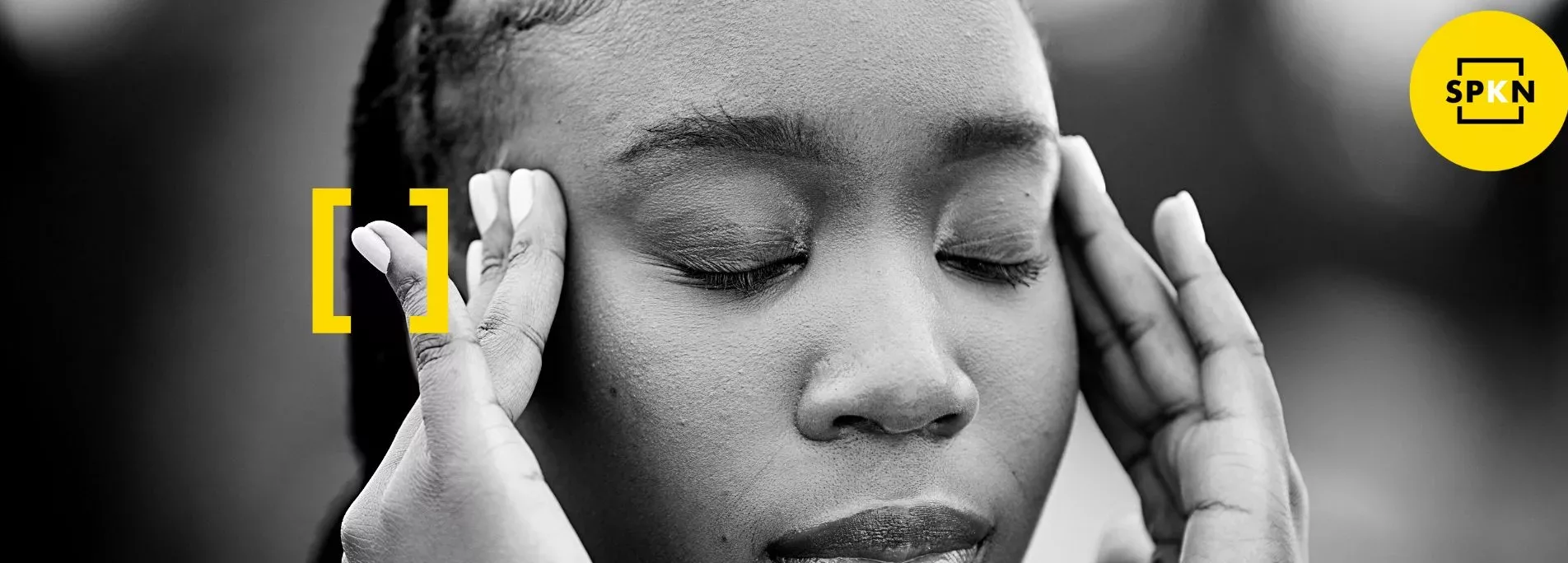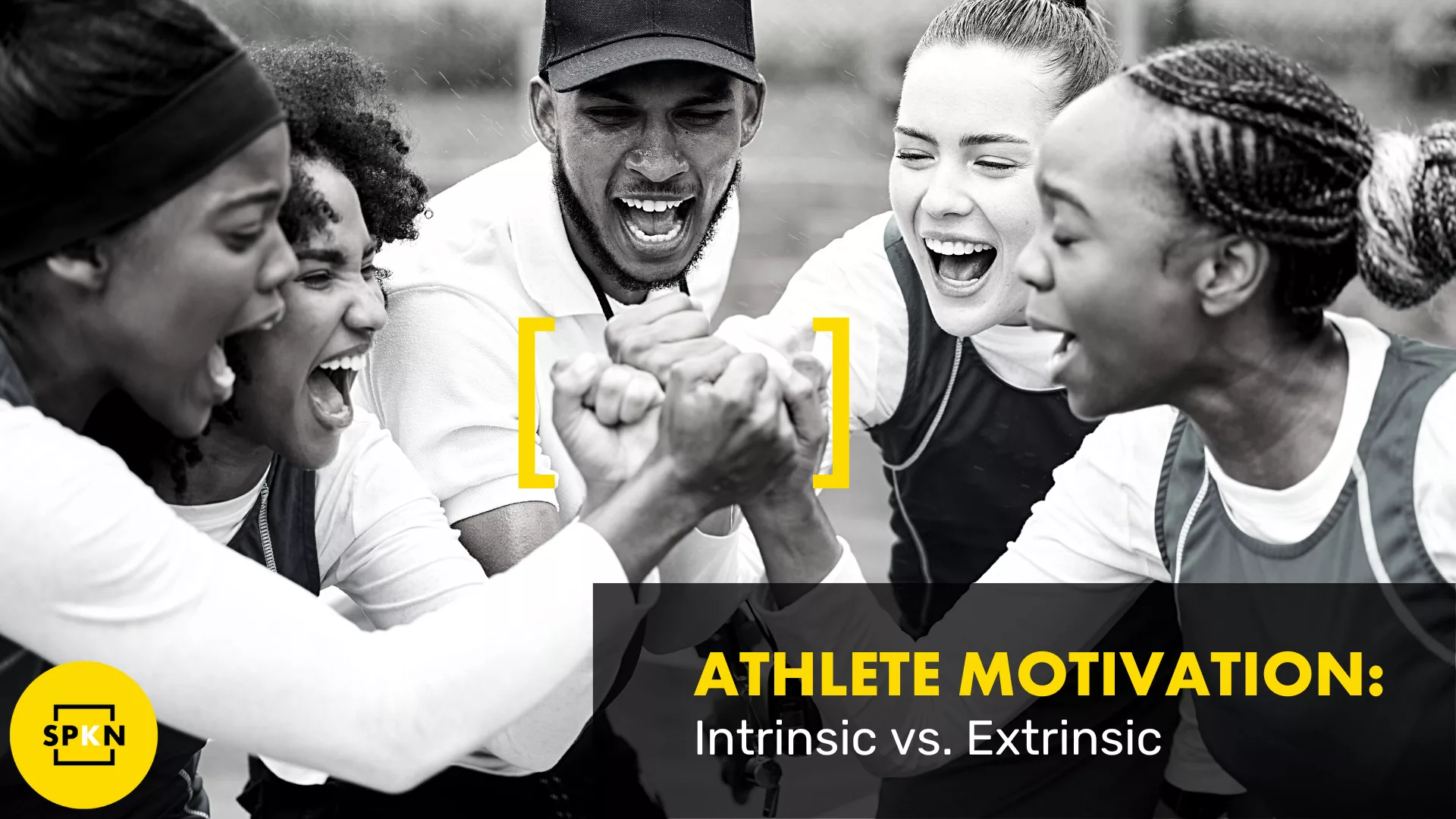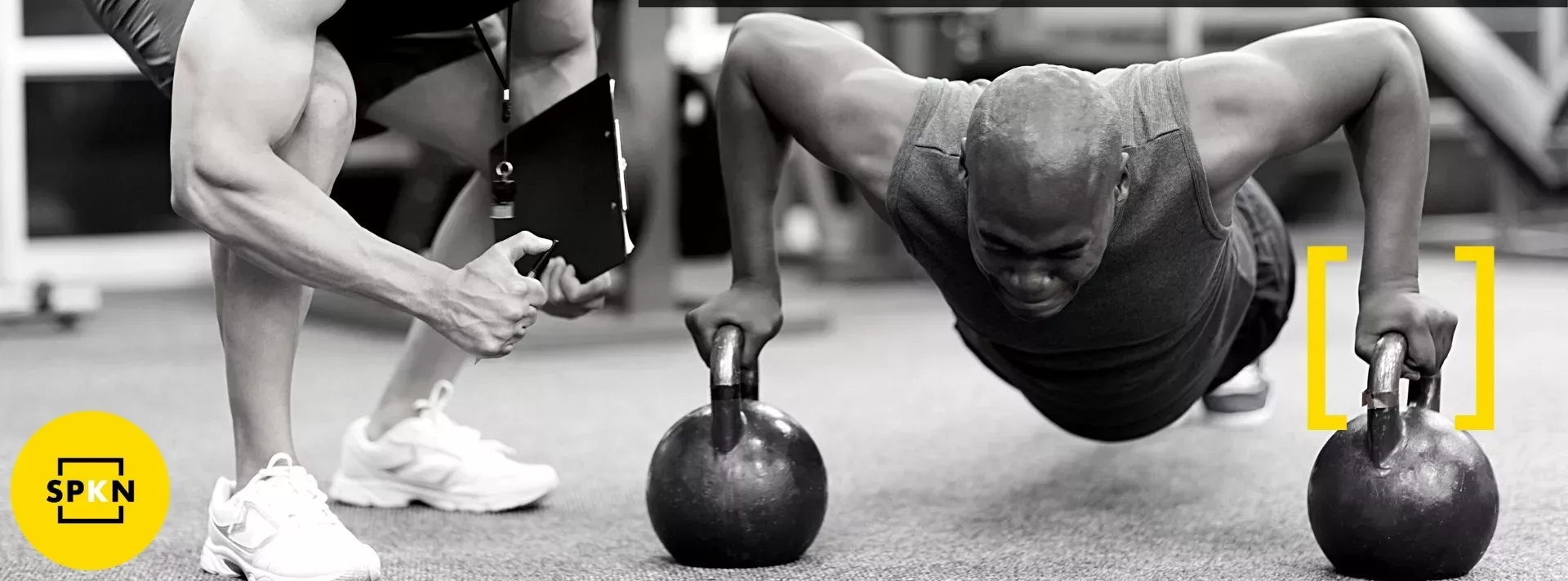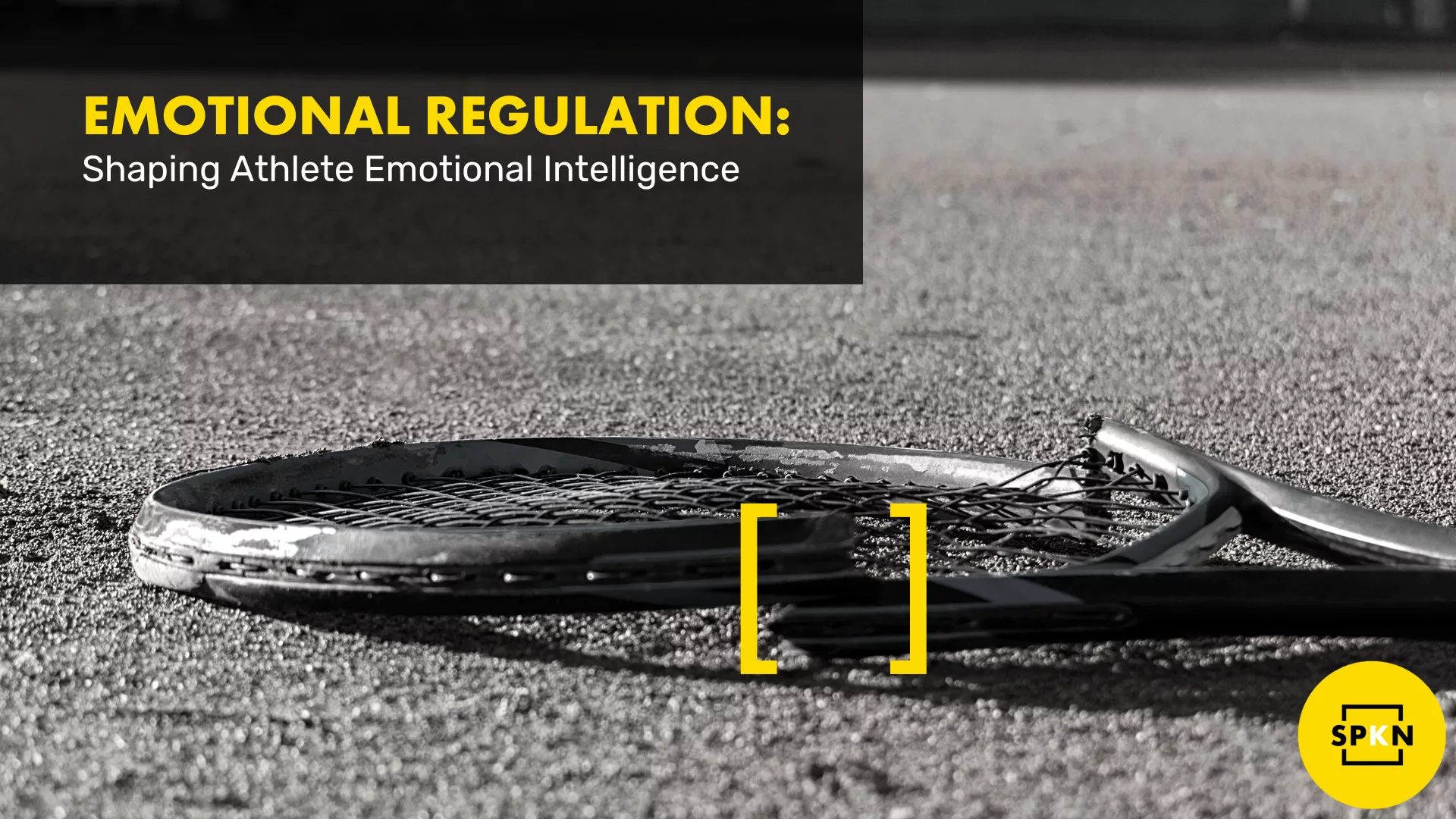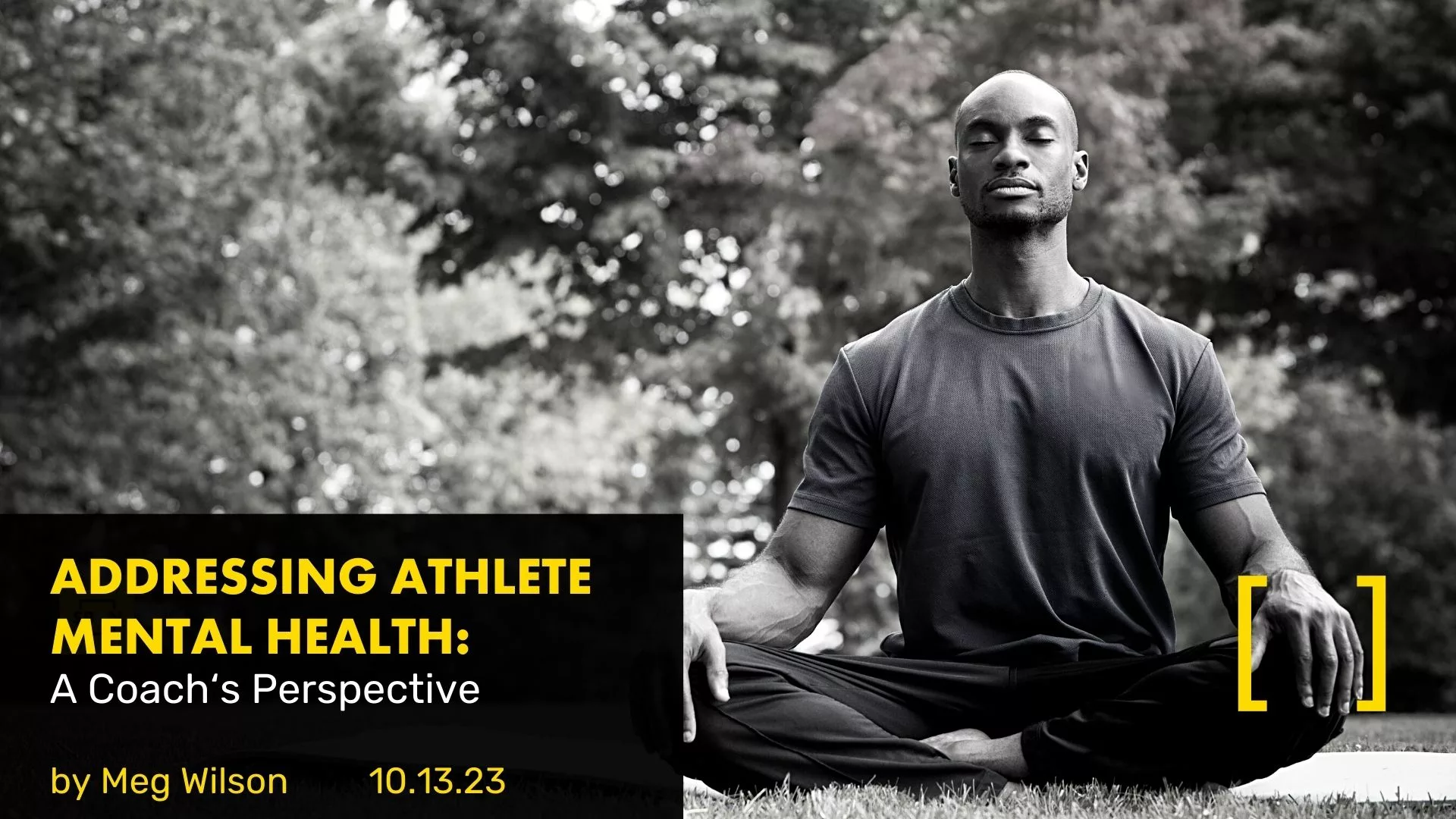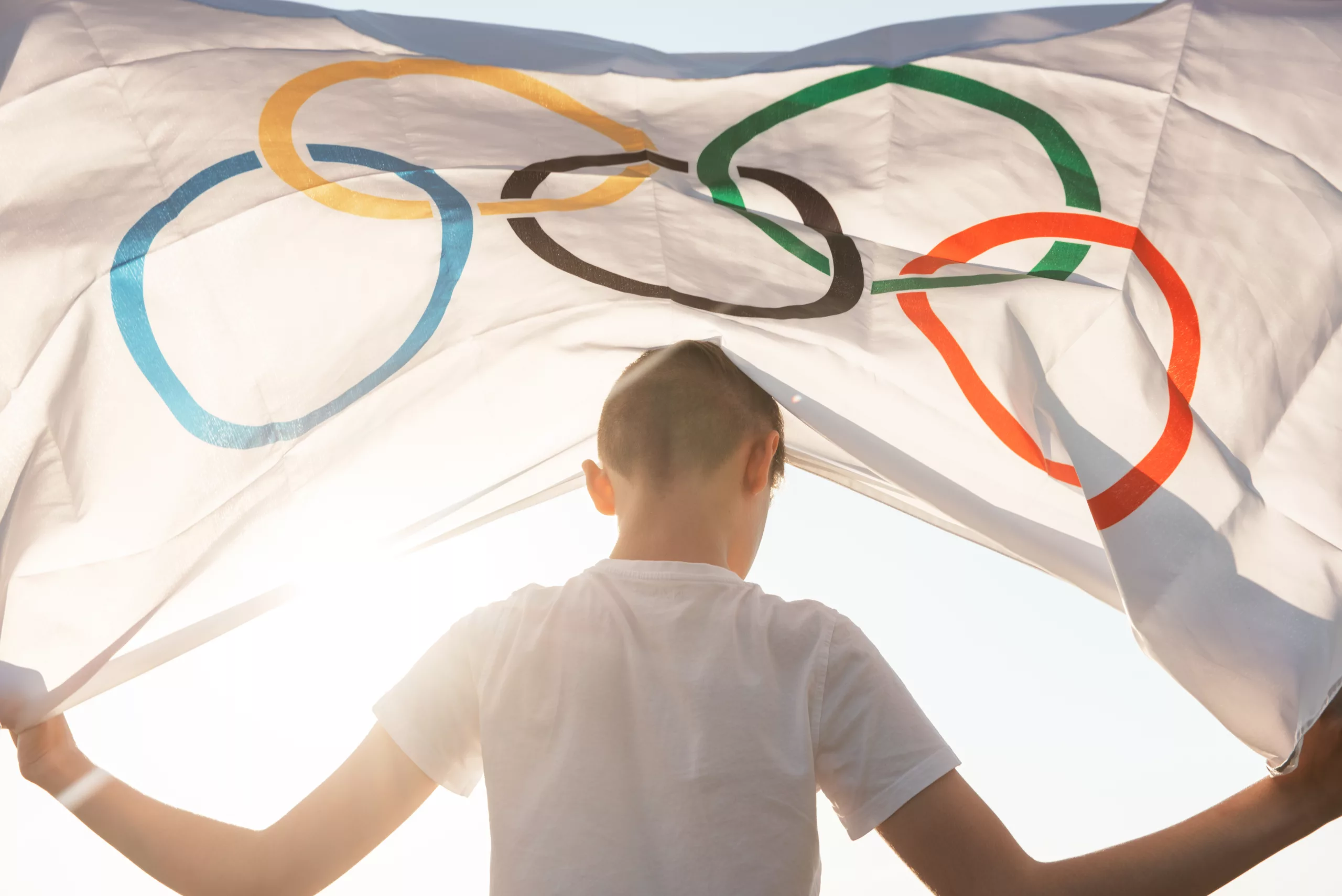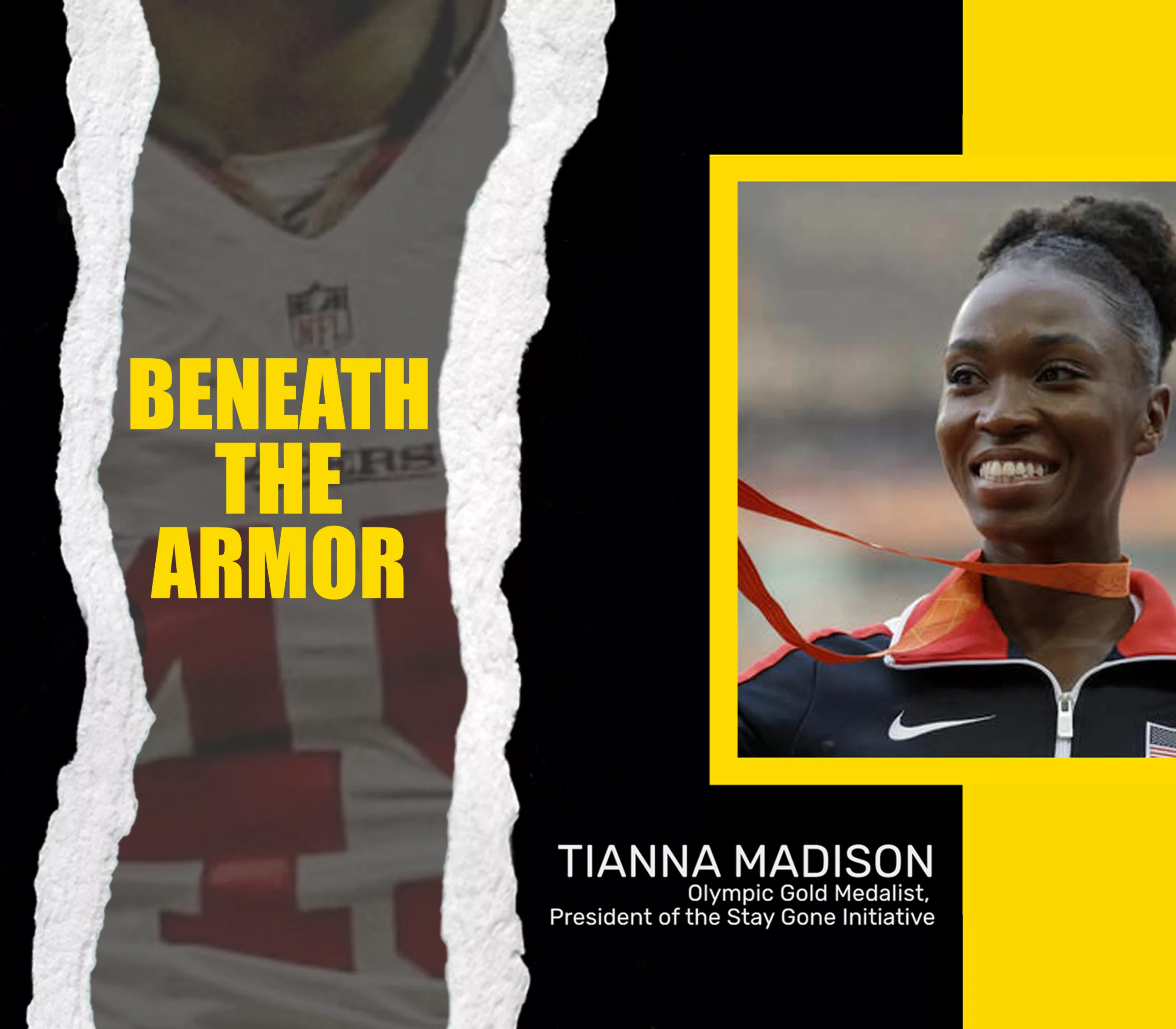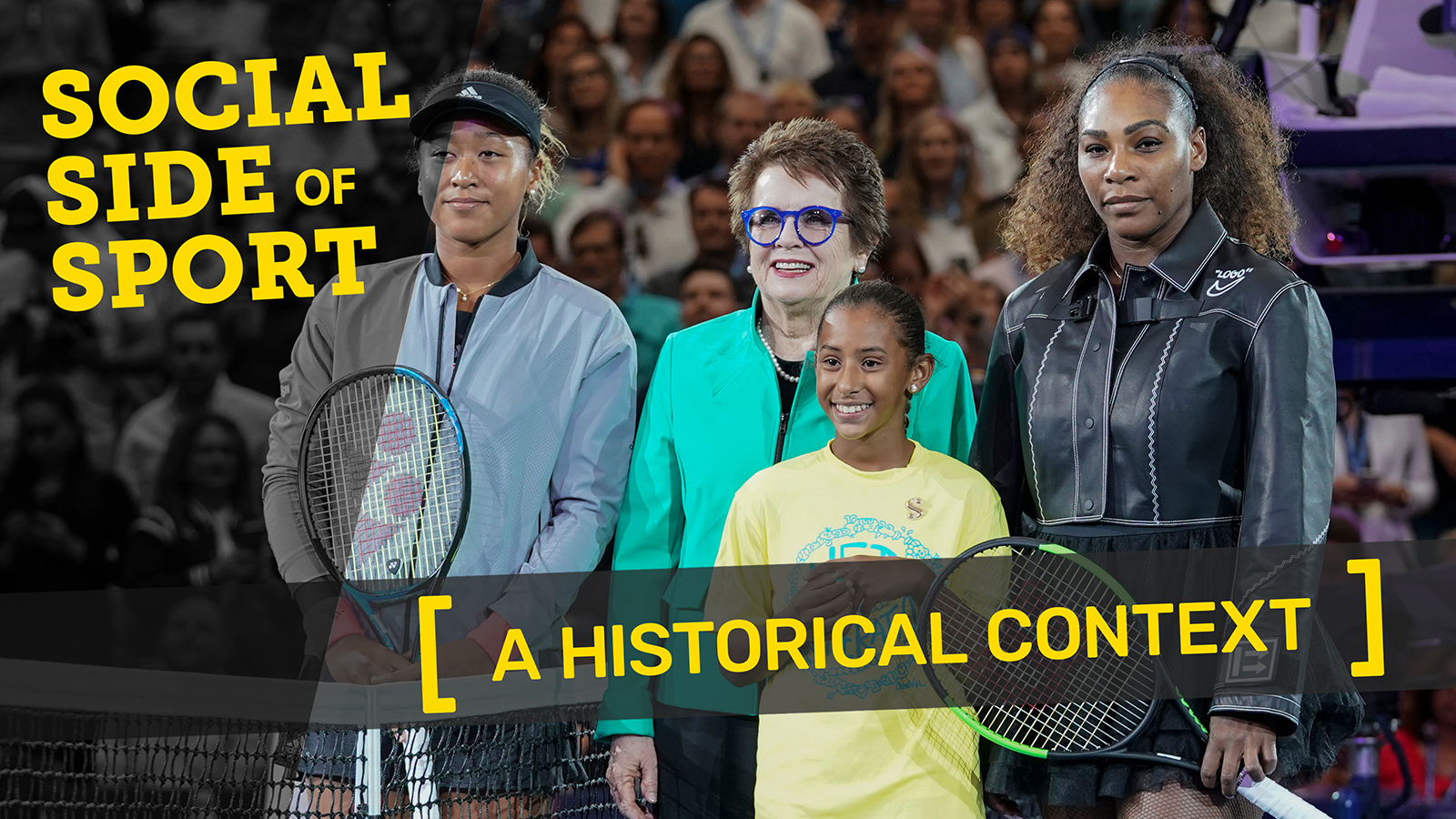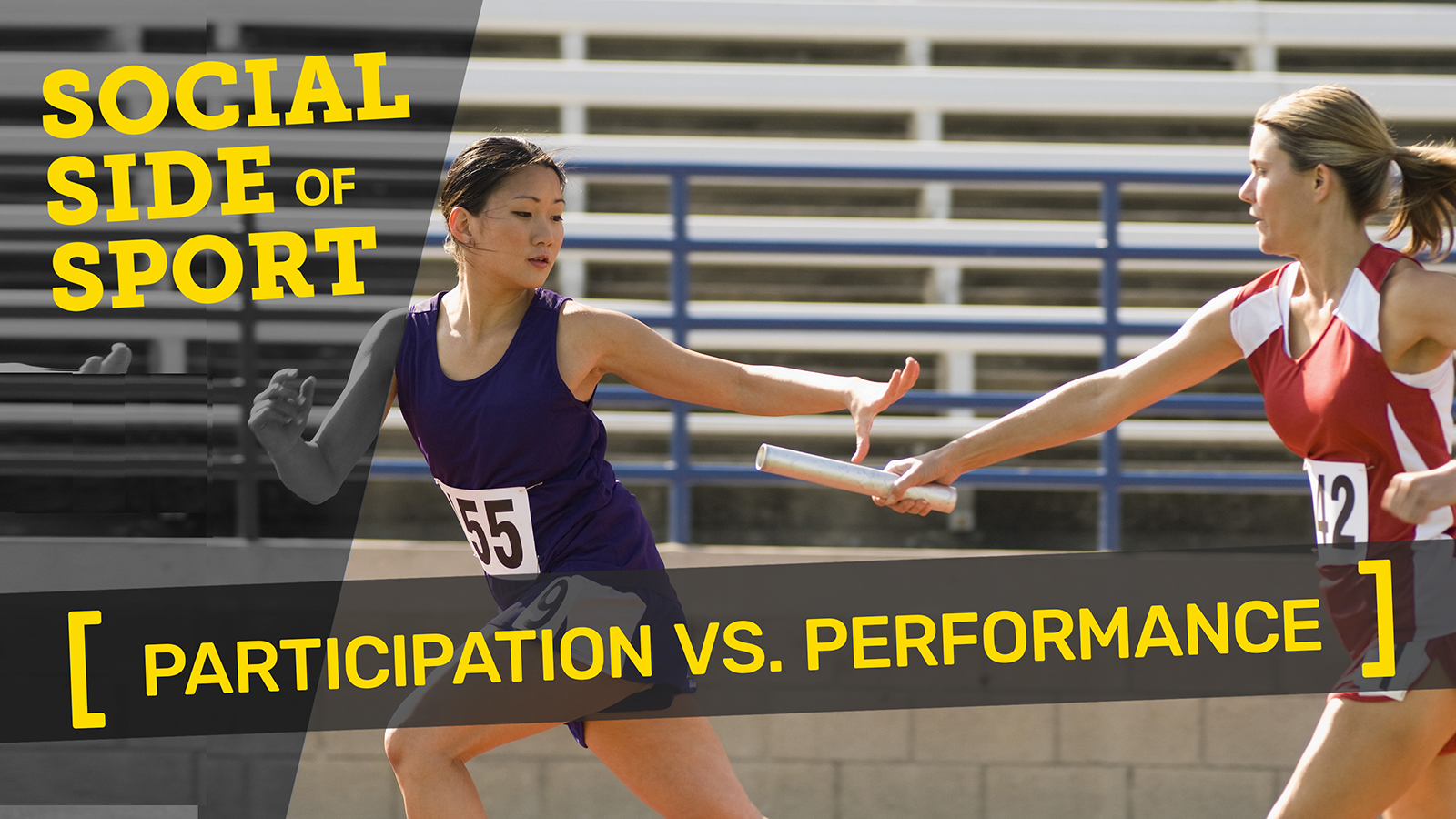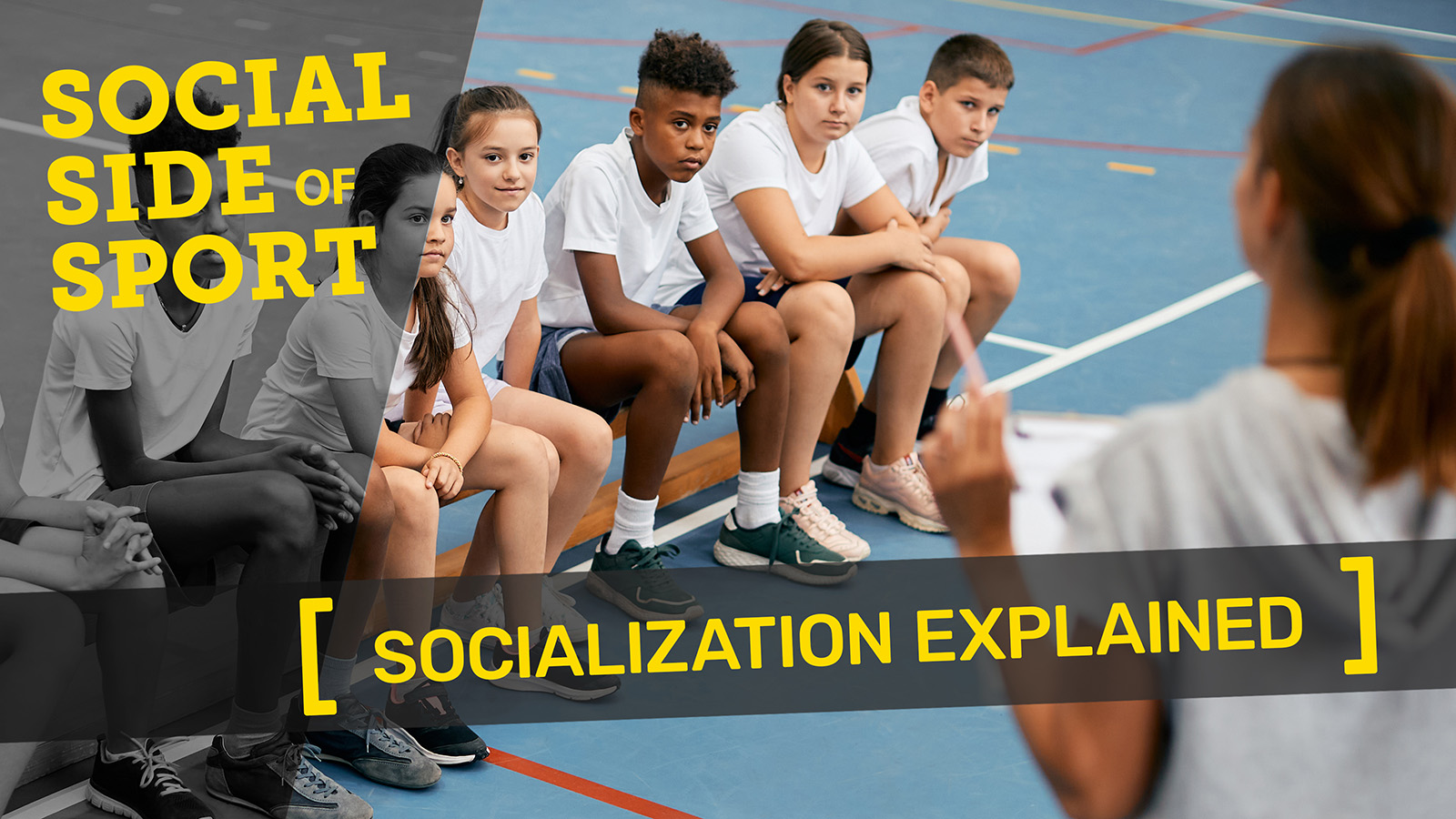Communication is the process of exchanging messages between people, using a variety of methods such as verbal statements, tone of voice, and body language (Graupensperger, 2019). In a group or team, communication is essential for coordinating tasks and social objectives, and can take the form of task-relevant communication (such as strategy discussions or instructions) or non-task-relevant communication (such as morale-boosting statements). Effective team communication is important for building relationships, understanding roles, promoting group cohesion, and predicting athletes’ motivation, satisfaction, and performance (Hanin, 1992; Sullivan & Short, 2011). Sullivan and Short (2011) found that effective team communication requires acceptance of fellow members, distinctness from other groups, and constructive conflict management.
Graupensperger, S. (2019). In D. Hackfort, R. J. Schinke, & B. Strauss (Eds.), Dictionary of sport psychology: Sport, exercise, and performing arts. Academic Press.
Hanin, Y. (1992). Social psychology and sport: Communication processes in top performance teams. Sport Science Review, 1, 1328.
Sullivan, P. J., & Short, S. (2011). Further operationalization of intra-team communication in sports: An updated version of the Scale of Effective Communication in Team Sports (SECTS-2). Journal of Applied Social Psychology, 41, 471487.




